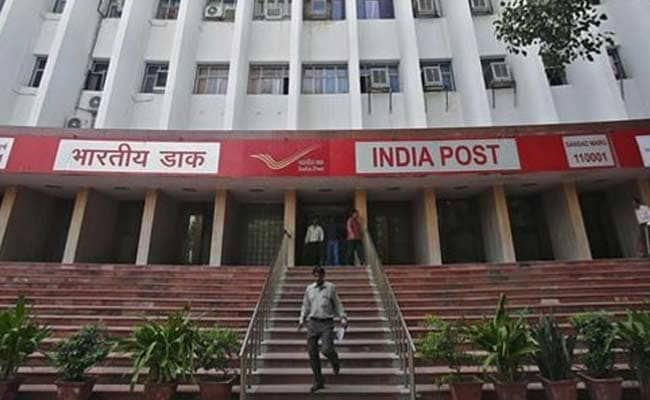Taxpayer? You May Expect The New Income Tax Rules In Modi Government 2.0
New Direct Tax Code: Taxpayer? You may expect the introduction of a new direct tax code soon. The task force set up to draft a new direct tax law to replace the existing Income Tax Act is scheduled to submit its report in the next two months. On Friday, the task force was given two-month extension till July 31 to submit its report. Earlier, the task force was scheduled to submit the report by May 31.
“Finance Minister Arun Jaitley Friday extended the last date for...
Read More ->>
















 →
→











